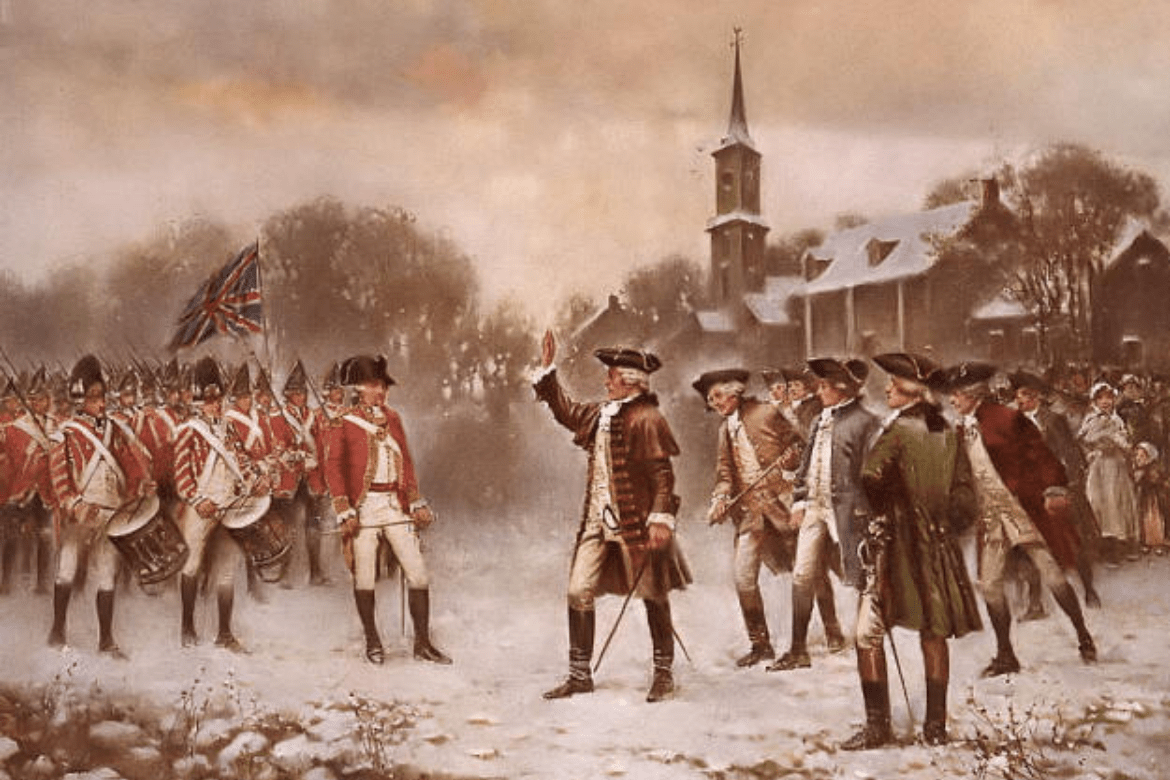From Colonial to Modern Times: The Evolution of US Gambling Laws
Gambling was quite popular in the early days of American history. Before the American Revolution, the country was separated into colonies, and the extent of gambling differed by region. Some locales embraced gambling more than others, and there was no blanket prohibition. If a particular community had no problems with gambling, the activity flourished in their area. And if another community was more conservative, that was okay as well. Lotteries were even more popular back then. Proceeds from these lotteries helped improve the young country’s public infrastructure, especially to expand the school system. Britain pushed to regulate these lotteries, and the initiative to escape such restrictions was a contributing factor to the fight for American independence.
The Early Days
After the American Revolution and in the 18th century, gambling continued to prosper in the United States. The movement against gambling, however, started to gather steam in the mid-18th century. For example, in the Mississippi riverboat gambling scene, casino operators were pushed to provide their services over water, as opposition on land had reached unprecedented levels. Once the anti-gambling movement got a foothold in the North East, even the once-popular lotteries rapidly disappeared from the scene. But even then, the demand for gambling products persisted and moved underground in the face of prohibition.
Such improvisation can be seen even in the modern-day United Kingdom, where bettors are avoiding Gamstop self exclusion by playing at offshore casinos. The gold rush brought more demand in California, but the government moved to interfere with operators. People continued gambling outside the law and operators flourished. In the American Frontier, gambling was much more tolerated and even seen as a respectable profession. This was a stronghold of legal gambling and numerous gambling houses worked smoothly. Gambling also thrived in the south during the Reconstruction movement and lottery proceeds helped rebuild these areas after they had been damaged during the war.
20th Century America
By the turn of the century, gambling was prohibited throughout the country. Organised crime organisations began to capitalise on the demand for the now illegal gambling activities. Similar activity had been witnessed with the sale and distribution of alcohol during the prohibition era. Areas like Galveston, Texas and Miami, Florida had more tolerance for gambling and became illegal gambling hubs. Gambling also flourished throughout the country, as did drinking alcohol. While the failure of alcohol prohibition is widely accepted, that of gambling prohibition is less so. The two restrictions, however, fail for the same reasons—unpopular laws don’t usually succeed very well.
The state of Nevada fell upon harsh economic times in the early 1930s and legalised gambling. This change spawned the first wave of the gambling legislation tide that’s been growing, although quite slowly. Atlantic City legalised gambling in 1977 and Southern Maryland opened up to slot machines in the early 1960s. More states started warming up to lotteries and new casinos that were set up in Indian reservations expanded the legal land-based gambling scene. Riverboat casinos were legal once more in several states, and soon afterwards the requirement for the casinos to be located over water was abolished. The gradual legalisation spilt over into the 21st century and internet frontier. Three states now embrace online gambling and several others are considering doing the same.
The New American Gambling Frontier
The arrival of the internet and online casino gambling added an interesting twist to gambling legislation on multiple fronts. With the public moving towards a more liberal stance towards gambling, the internet has created an interesting dynamic. But as far as the current law is concerned, if the information is transmitted across state lines, the federal government becomes involved. Most of the anti-gambling statutes were crafter during the early prohibition days and haven’t been updated since.
Some of the games listed on these statutes haven’t been played in over a century. Also, most of the laws were crafted to deal with gambling in the context of land-based establishments, such as gambling halls. And contrary to what some people believe, the laws can prohibit gambling in general without specifying a particular form or a list of games. For example, the law may specify that any game of chance or bet on an uncertain event is a crime, which would automatically include online gambling options for American players.





17 Comments